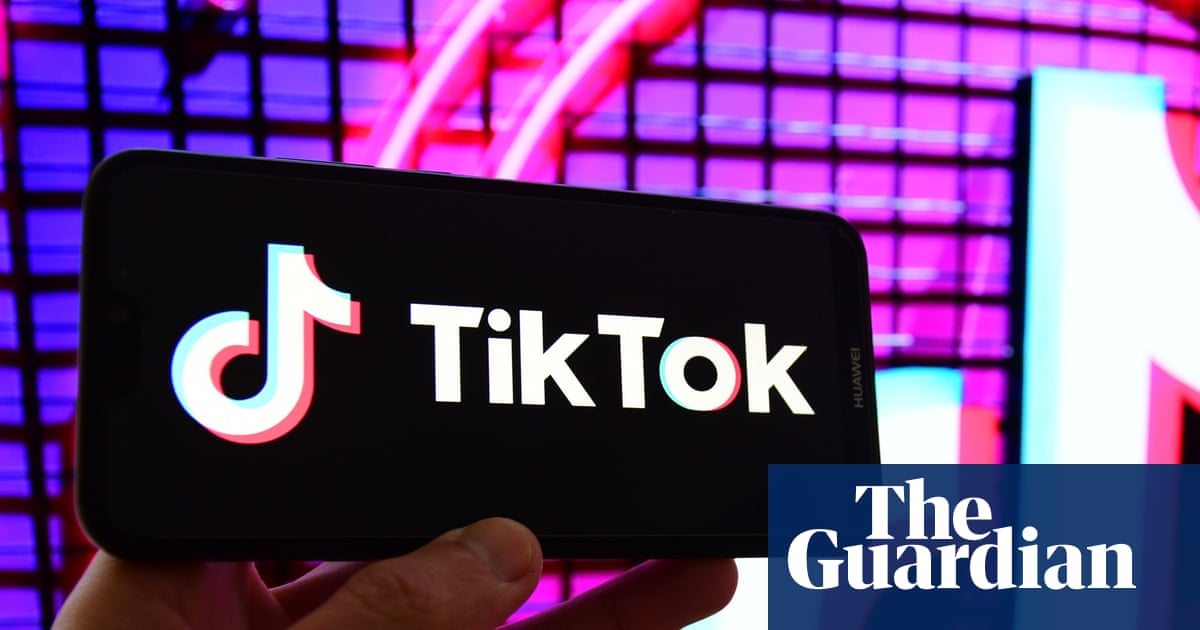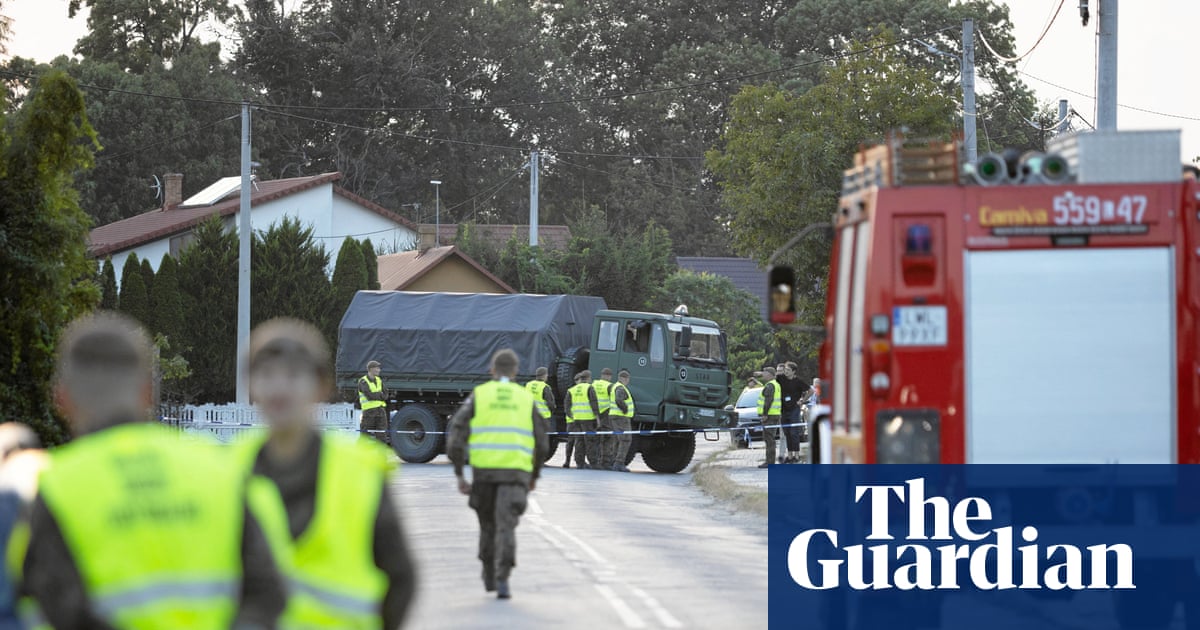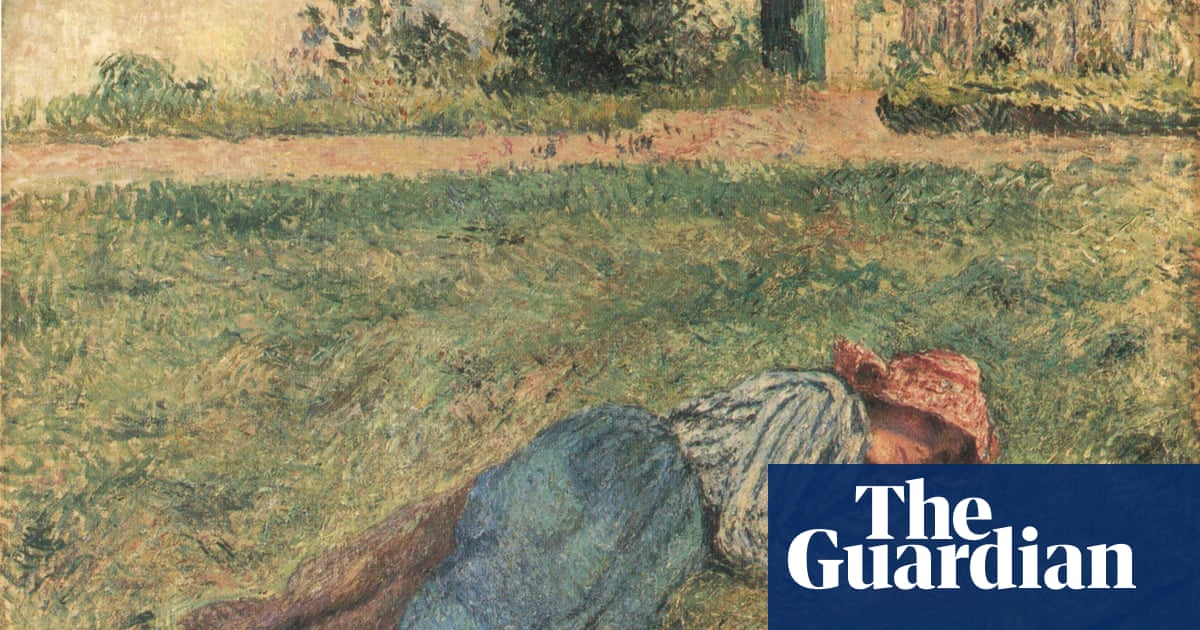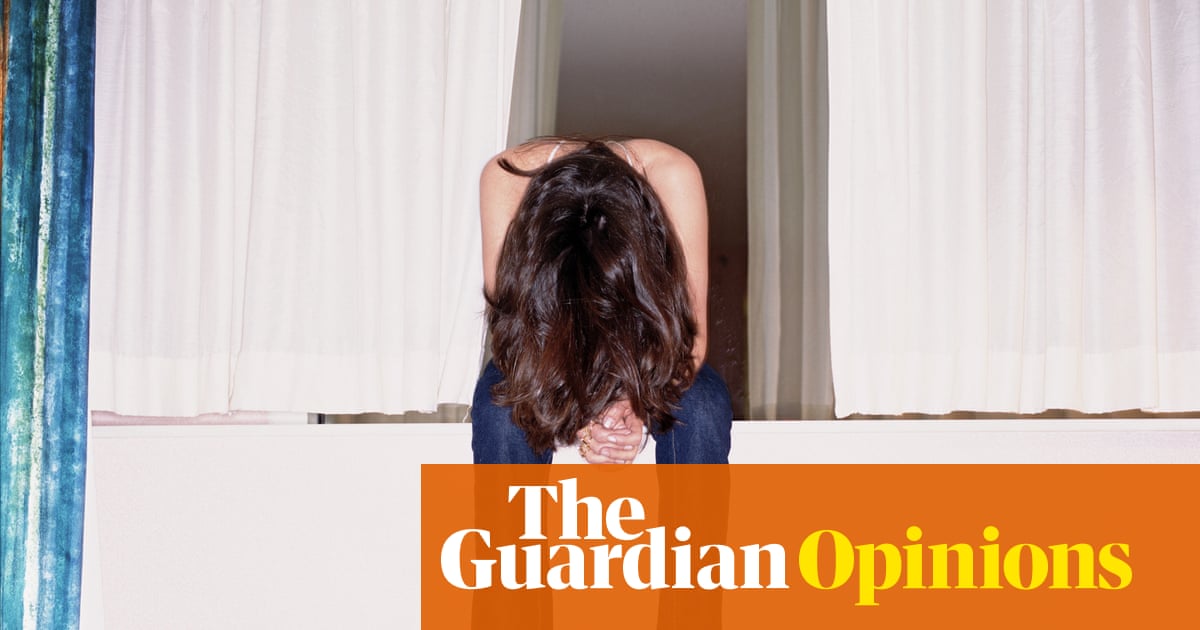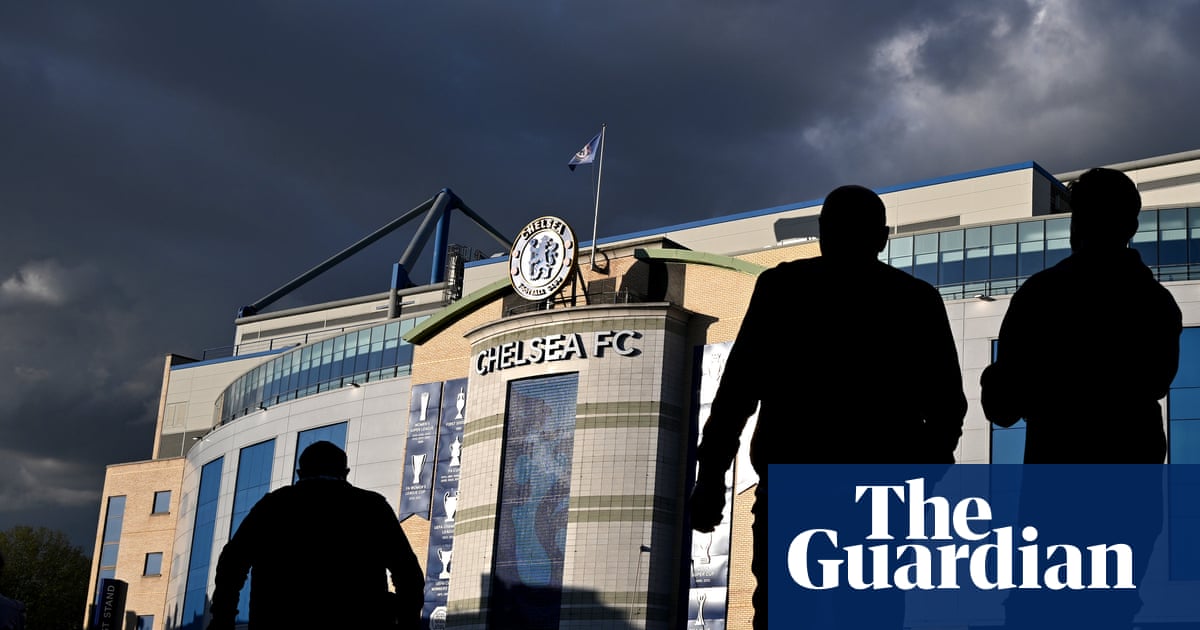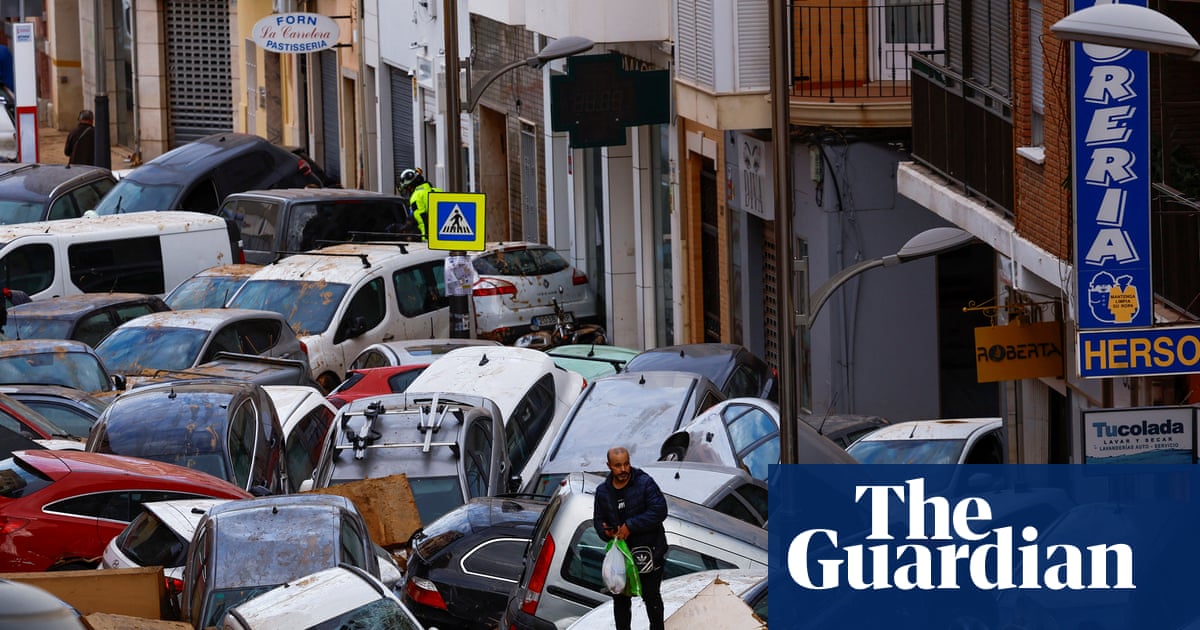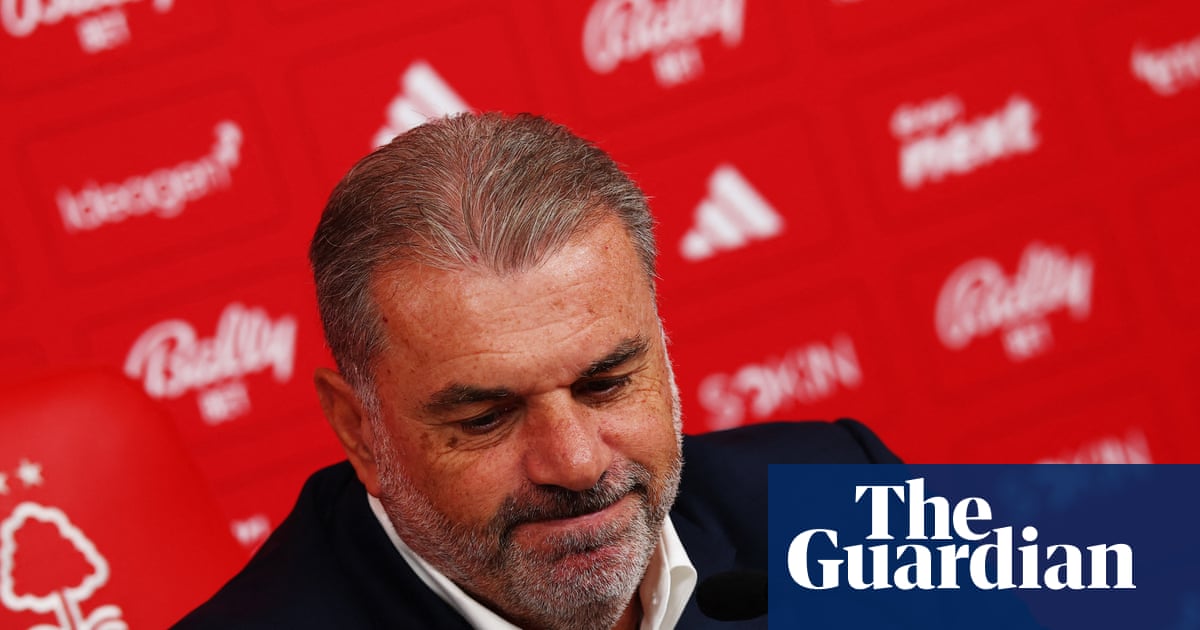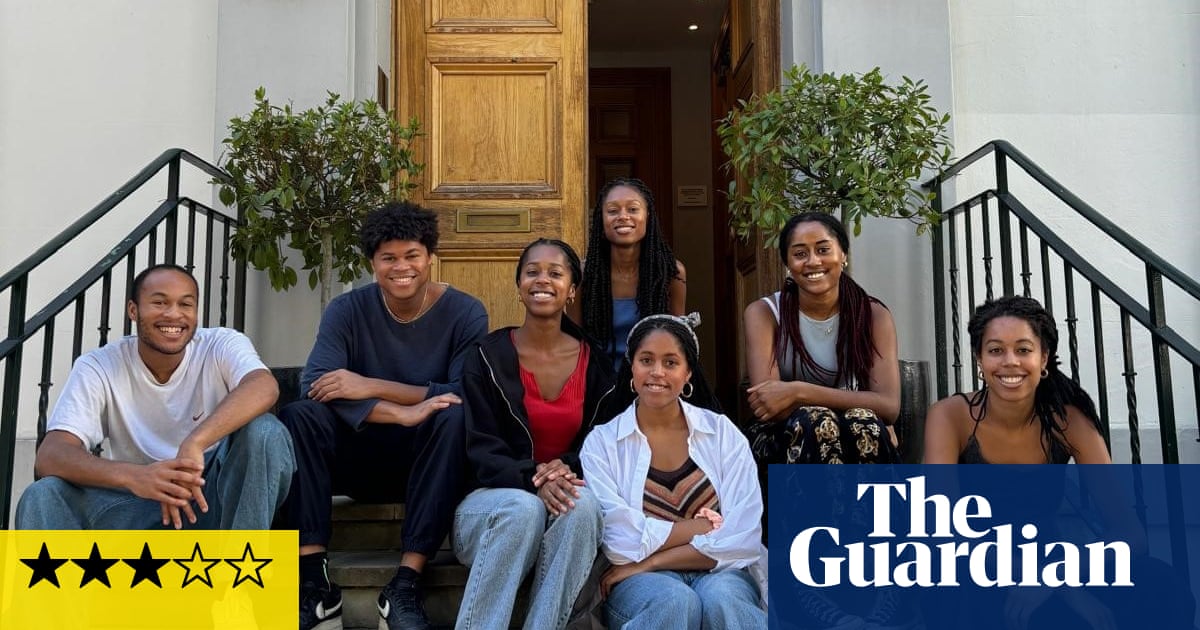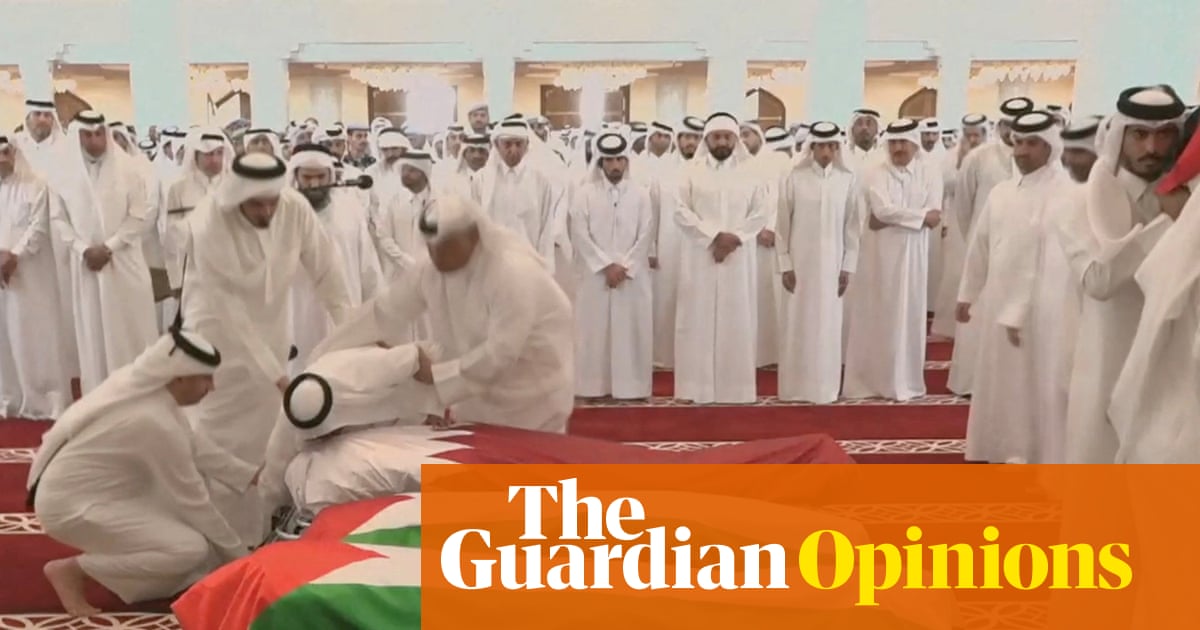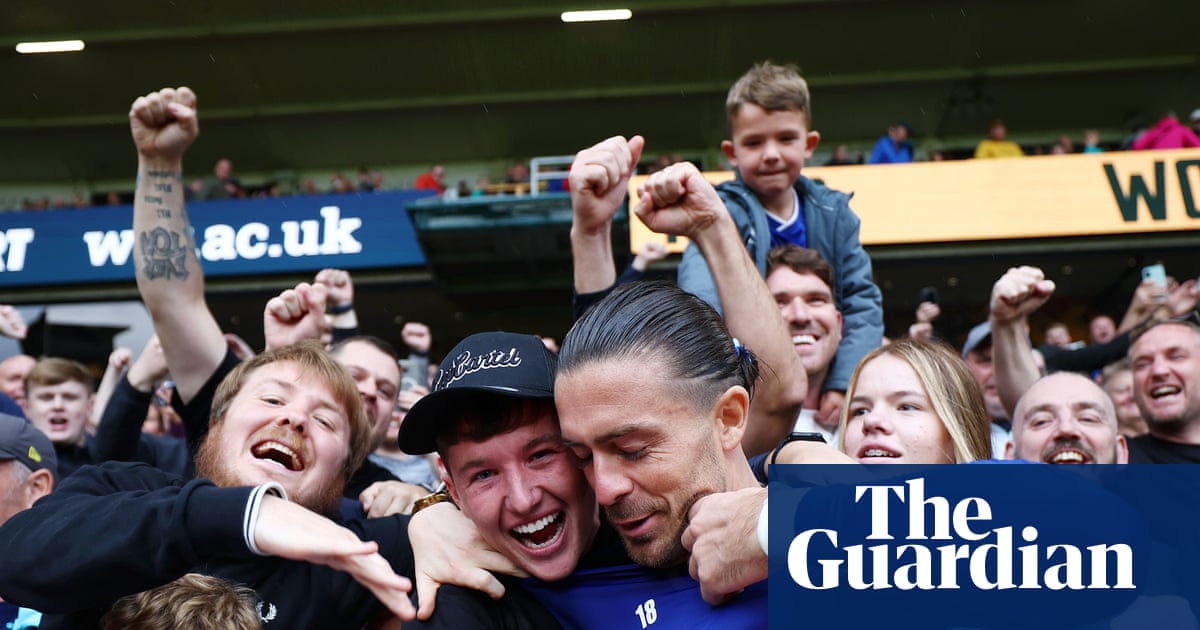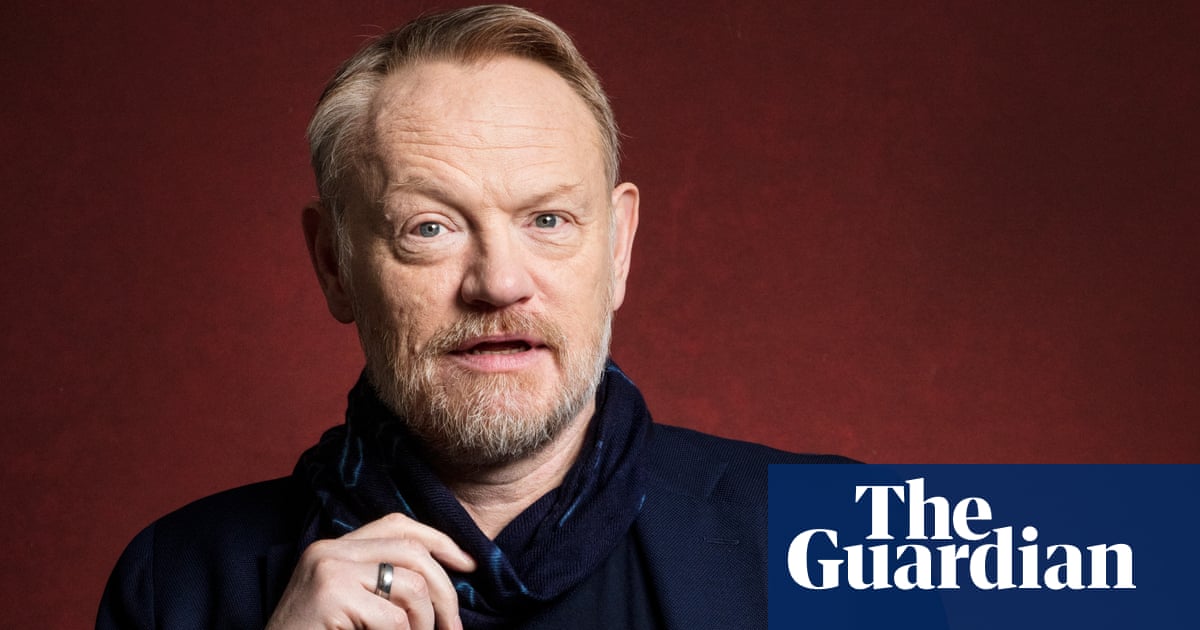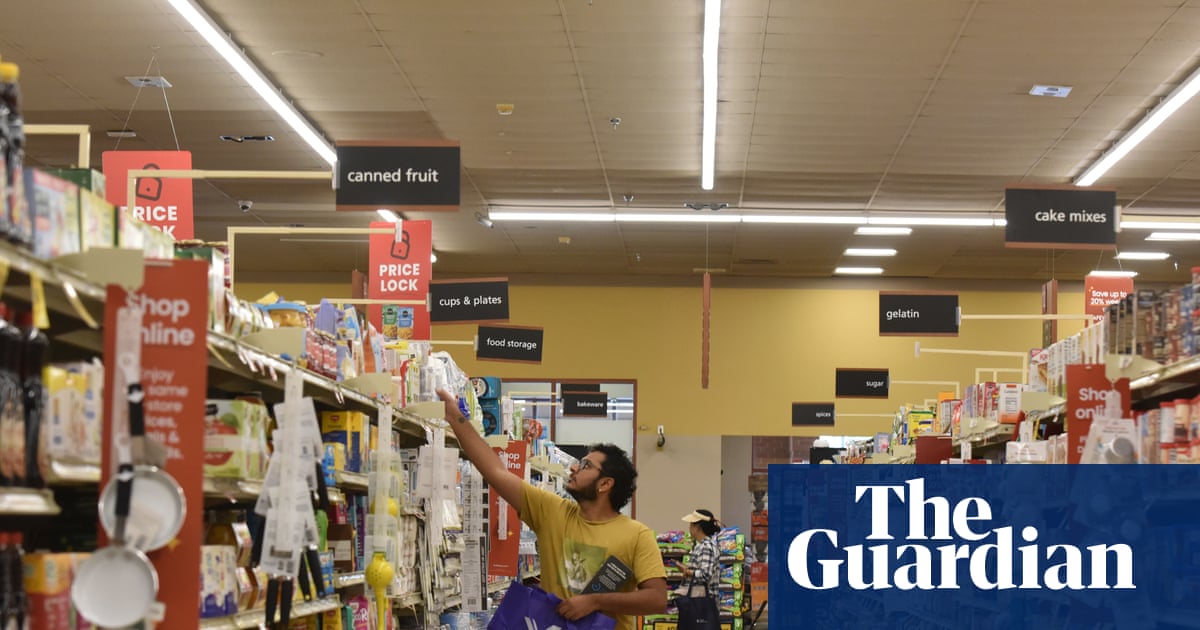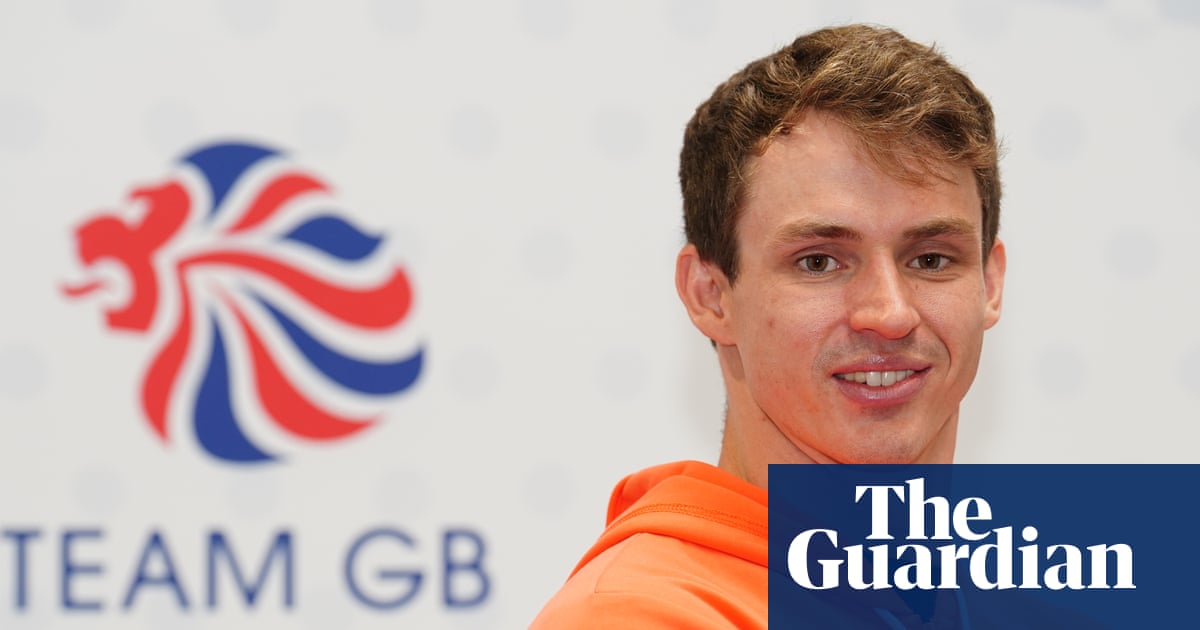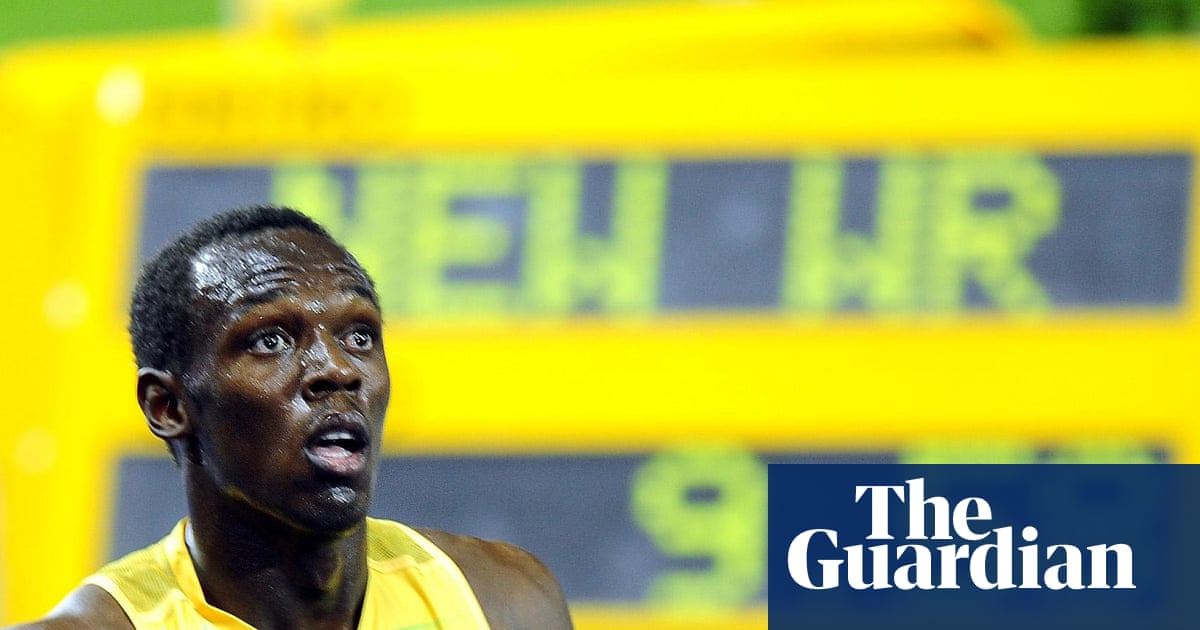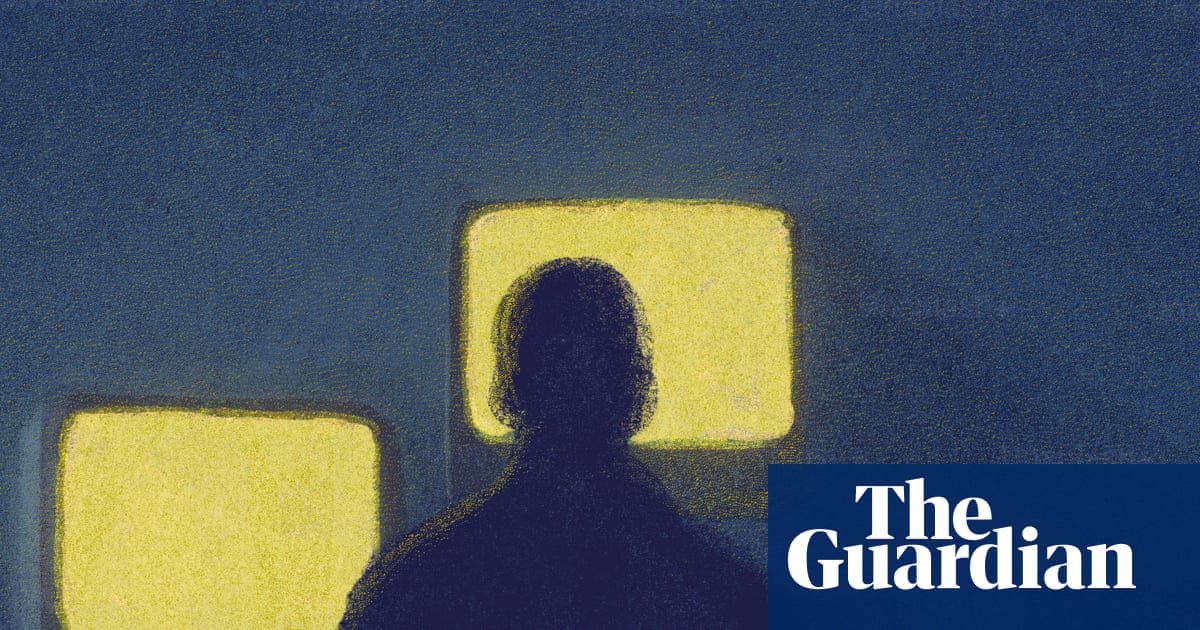Benjamin Netanyahu and Vladimir Putin enjoyed a friendly phone chat earlier this month, marking the 80th anniversary of Nazi Germany’s defeat. The Israeli and Russian leaders have much in common. Both claim to be still heroically battling Nazis, in Gaza and Ukraine respectively. This fiction is used to justify the mass murder of civilians, spiralling troop casualties and huge economic and reputational costs. Maybe it helps them sleep at night.
Bibi and Vlad: the world’s most wanted men – and possibly the most despised.
Overseeing the random killing, maiming and traumatising of thousands of children is one of many shared behaviours. These two authoritarian “strongmen” have each plunged their countries into global pariahdom and moral purdah. Conflict keeps them in power. They milk patriotic sentiment to cow domestic opponents and vilify foreign critics as antisemites, terrorist sympathisers or Russophobes. They wage war because they fear peace. Both are on the run from international justice, with warrants issued for their arrest for heinous crimes.
Netanyahu and his far-right cronies deny Palestinians the right to an independent state – the exact same right asserted by Israel’s founders. Likewise, Putin rejects the reality of Ukraine as a sovereign country. Both project messianic, expansionist visions – of a “greater Israel” and a revived Soviet imperium. Underpinning such views is a racially supremacist, ultra-nationalist mindset.
European leaders predict Putin, if unpunished, will eventually turn his guns on them. Netanyahu has already expanded the Gaza war to Lebanon, Yemen and Syria. Latest US intelligence reports suggest he is preparing to attack Iran, hoping to scupper nuclear talks between Washington and Tehran.
And would-be peacemakers, especially the US president, Donald Trump, fail to grasp another visceral similarity: neither actually wants lasting peace. Forever war is their preferred option, their default setting. They depend for their survival on violence. If the fighting stops, they know they face a potentially ruinous reckoning.
What will people say in Rostov-on-Don, Omsk or Nizhny Novgorod when thousands of returning veterans let on what really happened at the front? How long may Putin last when Russia’s elites begin to total up the mind-boggling economic and social cost of his failed gamble? When peace comes, Netanyahu will face elections – and probable defeat. Jail time for alleged bribery and corruption could follow. The international criminal court will demand their surrender. Both could be down and out.
That’s why they fear peace. And that’s why relentless international insistence on ending the wars, backed by increased military and economic aid for Ukraine and tougher sanctions and diplomatic pressure on Israel’s government, is the way to unseat two of the foremost villains of the age. No wonder this pair, whose sometimes rocky relationship goes back two decades, exchanged “warm greetings” on the phone. They need each other now.
Perhaps they discussed ways to beat down critics such as Keir Starmer, as Netanyahu brutally tried to do last week. Netanyahu thinks the appalling 7 October 2023 Hamas atrocities mean he is free to do anything he wants, however illegal and immoral. He’s wrong. Or perhaps he and Putin swapped tips on manipulating, flattering and bamboozling Trump. It’s a game at which both excel.
This Netanyahu-Putin-Trump triumvirate, this mutually reinforcing, cynical political fan-dance, is now the major obstacle to peace on all fronts. The chaotic policymaking that characterised Trump’s first term is reaching new, dangerous levels of incoherence in his second. If the wars are to end and the Netanyahu-Putin era brought to a close, US power and leverage must be fully deployed in close cooperation with Washington’s allies.
Right now, the opposite is happening. Visiting the Gulf, Trump more closely resembled a spivvy travelling salesman than a US president. Personally indifferent to starving Palestinians in Gaza, he is belatedly trying to curb Netanyahu’s embarrassing excesses – and stop him bombing Iran. But that doesn’t mean Trump has seen the light on Palestine. Now his ugly “Gaza riviera” wheeze has flopped, he seems to have lost interest. There’s nothing in it for him.
If the temporary Gaze ceasefire is reinstated, and more hostages released, Trump will claim credit. But the fundamental problem remains: he is aiding and arming a rogue prime minister and a far-right governing clique that, like American neocons after the 9/11 attacks, is exploiting the Hamas atrocities to advance a chauvinist agenda while flouting international law – and going even further than that by threatening genocide.
On Ukraine, it’s no better. Trump torpedoed a joint British-French-German-Polish ultimatum demanding Putin immediately accept a 30-day ceasefire, saying he knew best. But when he spoke to Russia’s president last Monday, he caved. Once again, Putin made a chump of Trump and divided the US and Europe.
Trump’s dawning realisation that he is neither God nor pope, and that the force of his personality is not by itself sufficient to resolve all worldly woes, offers a glimmer of hope for Gaza and Ukraine. In a snit, Trump is threatening to walk away. If only he would! The US must remain engaged on multiple levels. But a Trappist stance of presidential silence would greatly assist the cause of peace.
Like a quack doctor misdiagnosing problems, Trump makes matters worse. Each day, Netanyahu and Putin get away with murder due in large measure to their clueless, narcissistic White House bro. Each day, more children’s lives are devastated.
Trump should stop grandstanding and delegate Gaza and Ukraine peacemaking to experienced US career diplomats, UN envoys, Arab and European mediators, intelligence chiefs and military experts. In short, he should leave it to people who know what they’re doing. As for Netanyahu and Putin, he should wash his hands of both.
-
Simon Tisdall is a Guardian foreign affairs commentator

 3 months ago
116
3 months ago
116
